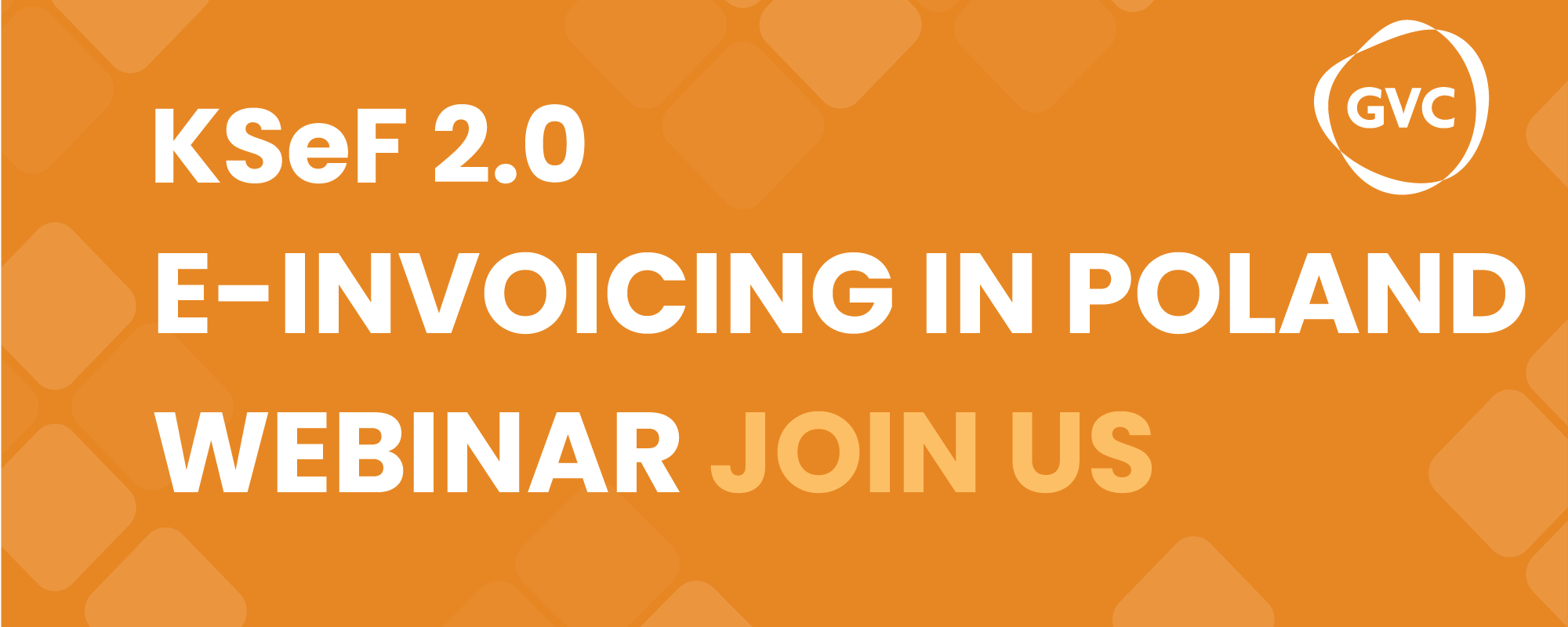In a global digital economy, tax authorities are constantly looking for opportunities to have full visibility on supplies, sales transactions, accounting entries and invoicing. For this reason, many tax authorities have already started (years ago or recently) implementing and/or further developing technology-assisted, digital tax reporting requirements (such as real-time invoice reporting, SAF-T, eInvoicing, making tax digital etc.).
Organizations’ Finance and Tax functions operating in different jurisdictions should proactively monitor these legislative updates and have a well-defined approach on how to react to these changes, including defining tax processes as well as a tax technology strategy, having a vision about resource and knowledge management and identifying the pillars of the tax governance control framework.
Source KPMG
Latest Posts in "World"
- Country Profiles on E-Invoicing, E-Reporting, E-Transport, SAF-T Mandates, and ViDA Initiatives
- VAT Deduction: Historical Development and Legal Principles Shaping Modern Consumption Taxation
- Basware on YouTube – Compliance without the boring bits – Episode 5 (December 9)
- E-Invoicing choices you make now will show up in your S/4HANA Project later
- E–invoicing Developments Tracker














